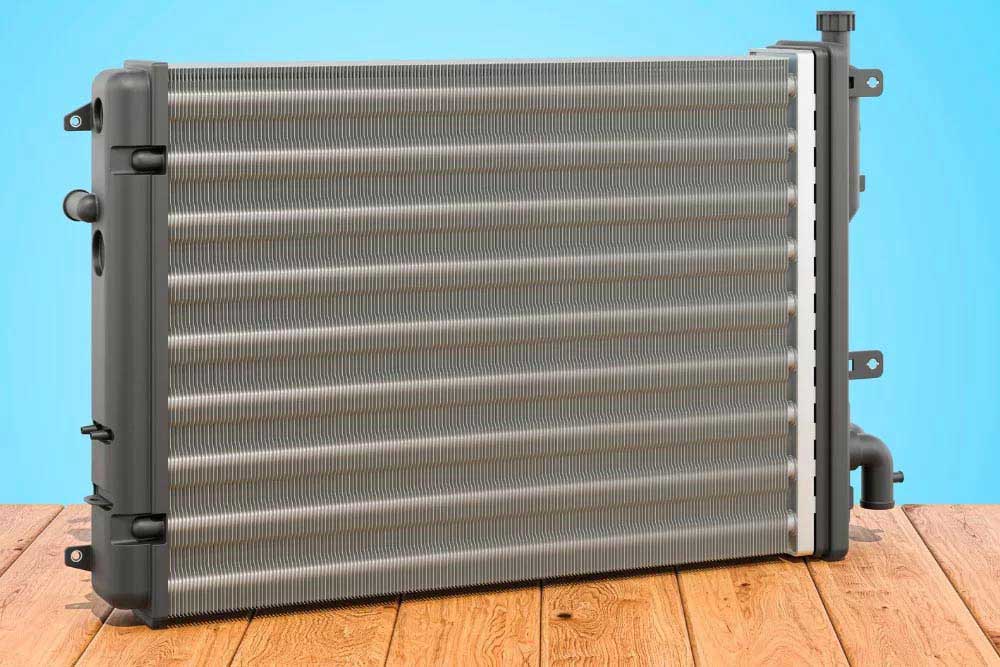Keeping Your Cool: The Importance of Radiator Maintenance for Engine Health

The radiator serves as a critical component in your vehicle’s cooling system, responsible for regulating engine temperature and preventing overheating. Neglecting radiator maintenance can lead to engine damage, decreased performance, and costly repairs. We will underscore the importance of radiator maintenance, common signs of radiator issues, and effective measures to ensure your radiator remains in optimal condition.
The Significance of Radiator Maintenance: Regular radiator maintenance is key to preserving the health and performance of your engine. The radiator works to dissipate heat generated by the engine, preventing it from reaching detrimental levels. Over time, the radiator can accumulate debris, develop leaks, or suffer from corrosion, impairing its cooling efficiency. By prioritizing radiator maintenance, you can proactively address these issues, ensuring proper engine cooling, and prolonging the lifespan of your vehicle.
Recognizing Signs of Radiator Problems: Recognizing the warning signs of radiator issues empowers you to take timely action. Keep an eye out for indications such as engine overheating, coolant leaks, low coolant levels, or a sweet smell in the cabin. Unusual temperature gauge readings or coolant discoloration may also signal radiator problems. Promptly addressing these signs can prevent further engine damage and maintain optimal engine performance.
Steps for Effective Radiator Maintenance:
1. Regular Inspections: Conduct visual inspections of your radiator, checking for leaks, corrosion, or physical damage. Pay attention to radiator hoses, clamps, and connections as well.
2. Coolant Flush: Adhere to the manufacturer’s recommended schedule for coolant flushes. Flushing the radiator removes sediment and contaminants, promoting efficient heat transfer and preserving cooling system effectiveness.
3. Coolant Level Monitoring: Regularly check and maintain proper coolant levels. Top up with the recommended coolant type if necessary, ensuring the radiator is adequately filled.
4. Radiator Cleaning: Clean the radiator’s exterior surfaces and fins regularly to eliminate dirt, debris, and insects. This facilitates unobstructed airflow and optimizes cooling performance.
5. Thermostat Functionality: Periodically inspect the thermostat to ensure it opens and closes correctly. A faulty thermostat can disrupt temperature regulation, leading to overheating or inadequate cooling.
6. Professional Maintenance: Schedule periodic radiator maintenance with a qualified mechanic. They can conduct comprehensive inspections, pressure tests, and perform any necessary repairs or replacements to keep your radiator in excellent condition.
Regular radiator maintenance is vital for preserving engine health, maximizing performance, and avoiding costly repairs. By prioritizing radiator care through inspections, coolant flushes, and regular cleaning, you can ensure proper engine cooling and prolong the lifespan of your vehicle. Stay vigilant for signs of radiator issues and promptly address any problems that arise. With diligent radiator maintenance, you can enjoy a reliable and efficient vehicle, allowing you to embark on your journeys with confidence.
